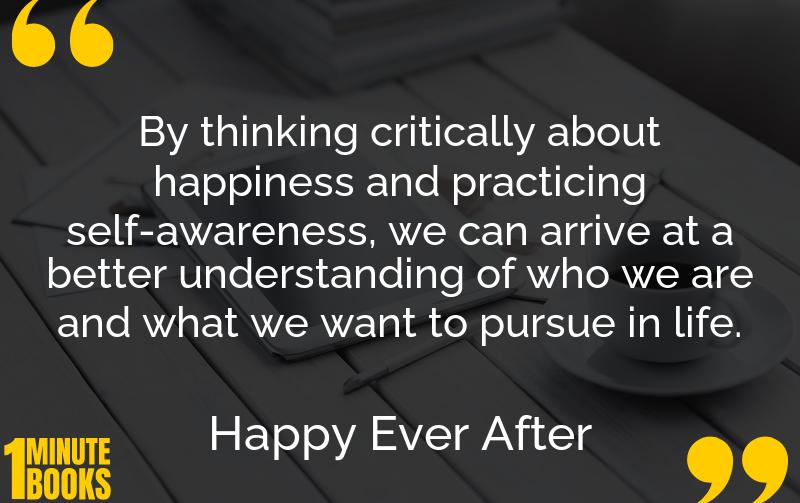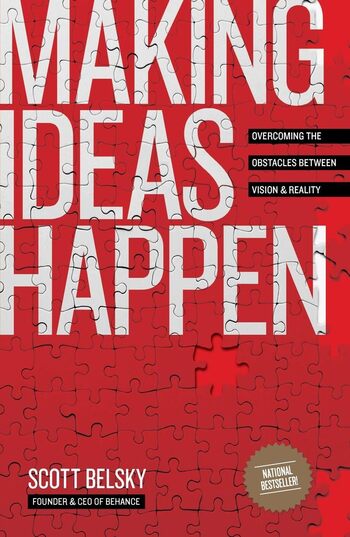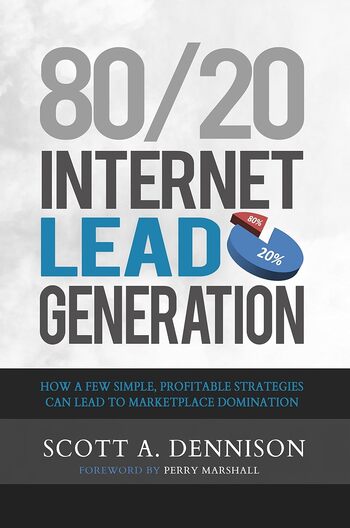
The book explores how societal norms around success, marriage, and wealth influence our happiness, often leading us astray. It encourages self-awareness and critical thinking to achieve true happiness.
Main Lessons
- Social pressure shapes our view of success and happiness, often leading to decisions against personal satisfaction.
- Money increases happiness only up to a certain income level; beyond that, it offers diminishing returns.
- Success as defined by society doesn’t necessarily equate to personal happiness.
- Marriage doesn’t universally lead to happiness; personal compatibility is key.
- Infidelity and non-monogamy could be reevaluated as part of diverse relationship dynamics.
- Being child-free can be fulfilling and environmentally conscious, countering societal expectations.
- An obsession with health and appearance can detract from actual well-being and self-acceptance.
- Free will is influenced by socioeconomic and personal factors, limiting perceived freedom.
- Comparison to others often detracts from gratitude and contentment.
- True happiness requires aligning life decisions with personal preferences, not external expectations.








